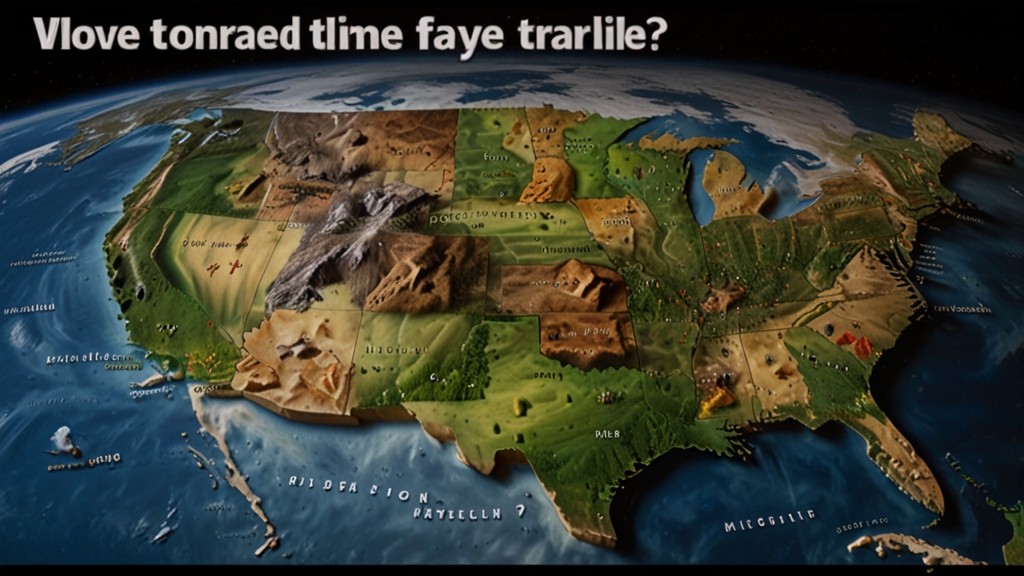The Printing Press
Invented by Johannes Gutenberg in the mid-15th century, the printing press is often heralded as one of the most revolutionary inventions in human history. Before its creation, books were painstakingly copied by hand, a process that was not only time-consuming but also prone to human error. The printing press allowed for the mass production of books, making literature and knowledge more accessible to the general population.
The widespread availability of printed materials had far-reaching effects on society. It fueled the Renaissance by spreading new ideas, and it played a pivotal role in the Reformation by enabling the rapid dissemination of Martin Luther's theses. The printing press essentially democratized knowledge, laying the foundation for the modern, literate society we live in today.
“What gunpowder did for war, the printing press has done for the mind.” - Wendell Phillips
The Steam Engine
The steam engine, developed by James Watt in the 18th century, revolutionized not only industry but also transportation. Prior to the steam engine, manufacturing was typically done by hand or with the help of animal labor. Watt's improvements to the design allowed for immense power and efficiency, leading to the birth of the Industrial Revolution.
The implications of this invention were enormous. Factories could now operate with a level of productivity and speed that was previously unimaginable. Railways and steamships transformed transportation, reducing travel time and making the global exchange of goods and ideas more feasible than ever before. The steam engine can be seen as a driving force behind modern industrialization and urbanization.
Electricity
While not the work of a single inventor, the harnessing of electricity fundamentally altered the course of human history. From Thomas Edison's creation of the electric light bulb to Nikola Tesla's advancements in alternating current (AC), electricity brought about a technological and social revolution.
Electricity enabled the invention of countless other devices that now form the backbone of modern life. From household appliances to computers, from telecommunication to entertainment, the impact of electricity is ubiquitous. It has transformed the way we live, work, and interact, ushering in the age of modern convenience and connectivity.
“Electricity is really just organized lightning.” - George Carlin
The Internet
Perhaps the most transformative invention of the late 20th century, the Internet has redefined almost every aspect of human existence. What began as a military project in the 1960s has evolved into a global network that connects billions of people, facilitating instant communication and the rapid exchange of information.
The Internet has revolutionized the economy, giving rise to e-commerce and digital marketplaces. It has democratized access to information, making it easier than ever to learn new skills or stay informed about current events. Social interactions have also been transformed, as social media platforms allow individuals to connect with others around the globe.
The impact of the Internet is profound and wide-reaching, influencing culture, politics, and even the way we think. In many ways, it serves as the nervous system of the modern world, driving both innovation and interconnectedness.
“The Internet is the first thing that humanity has built that humanity doesn't understand, the largest experiment in anarchy that we have ever had.” - Eric Schmidt
Conclusion
The history of human progress is inextricably linked to the inventions that have driven it. Each revolutionary invention not only solved an immediate problem but also laid the groundwork for further advancements. From the printing press to the Internet, these transformative innovations have fundamentally altered the trajectory of human civilization, shaping the world we live in today. As we look toward the future, one can only wonder what groundbreaking inventions will come next and how they will change our world forever.







